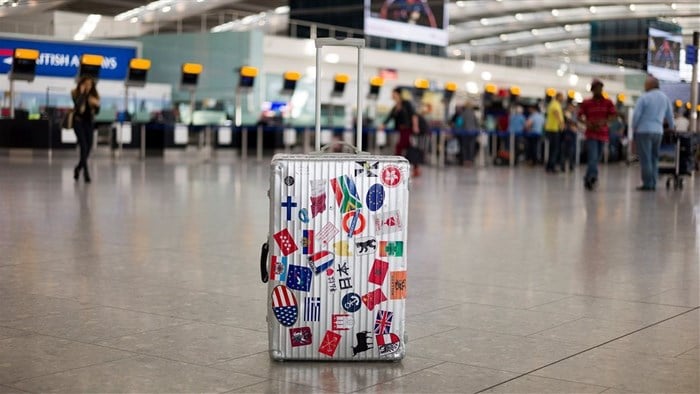Global tourism will only recover if countries work together

Dr Rifai was the keynote speaker at this week’s eThekwini Municipality’s Tourism Business Retention and Expansion (BR&E) webinar hosted by Tourism Investment Africa (TIA).
"Countries will have to work together if tourism is to recover – one country cannot insist on quarantine while its neighbour demands a vaccination passport and a third simply requires 72 hours testing before arrival or at entry points," said Dr Rifai.
"We do not want to turn this into a political game of those who have and those that have not – we will all lose if we do so. No one would travel to a non-vaccinated destination, and no vaccinated destination would accept receiving anyone from a non-vaccinated destination. Travel is about connecting everybody everywhere, so it will not work, until everyone is vaccinated, and this could take years.
"What we need is a new multilateral system, a more harmonised, fair and equitable system, because, it is not important how successful every country is on its own, if one cannot travel from one place to another. Affordable testing may be more logical for a faster and more immediate recovery. The trick is not to do a perfect job on your own; it is to agree on minimum procedures."
He reiterated that there would be no coming back until people have peace of mind and trust and confidence in one international system: "They are not going to travel simply because their governments say 'you can now travel’."
He emphasised that the current winner from the Covid-19 travel crises is domestic and regional tourism and spelt out three stages for recovery:
• Keep businesses alive, which requires direct support from governments or soft loans, just to ensure businesses have enough time to adjust to the new reality and survive.
• Concentrate on domestic and regional travel, which requires the private sector to adjust quickly to the new realities of such travellers and offer new deals. Only then can governments stop the direct support.
• International travel that could start with young digital nomads and special travel insurance policies for foreigners with governments working together.